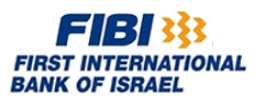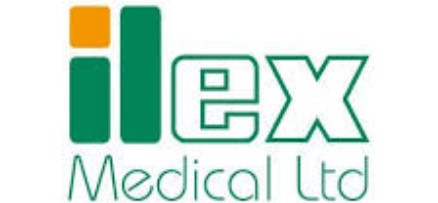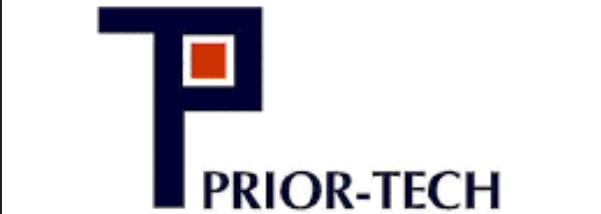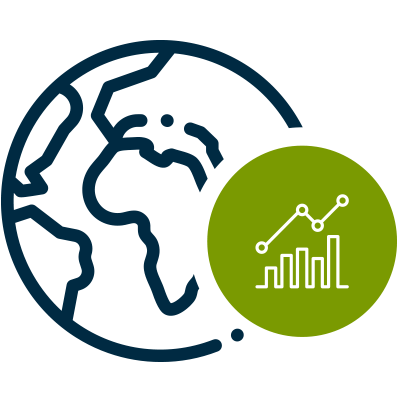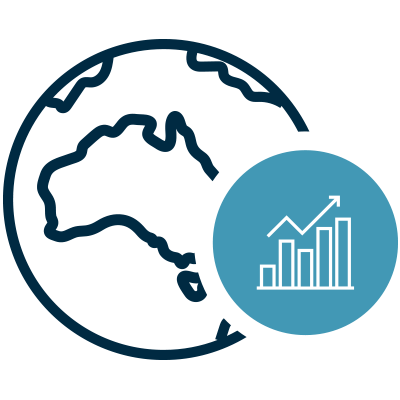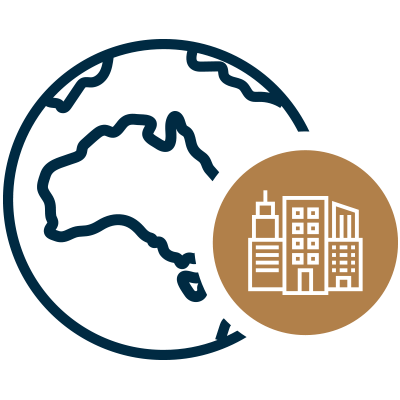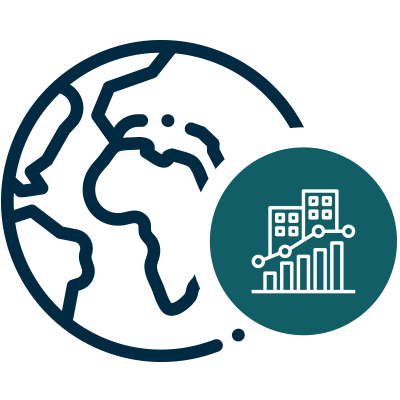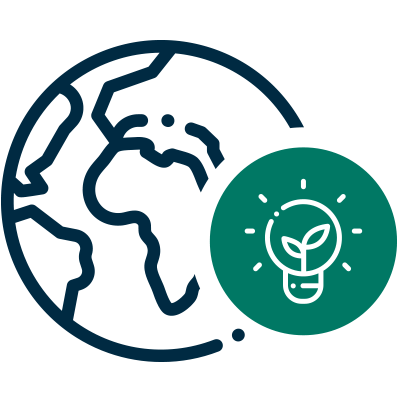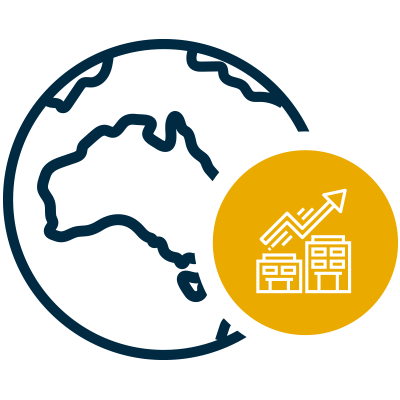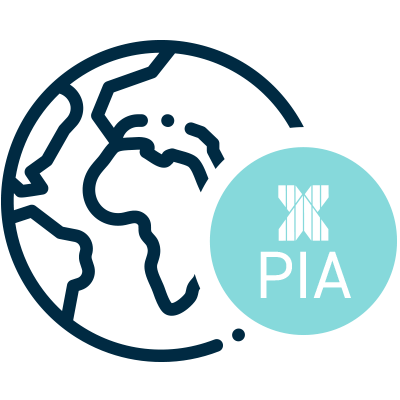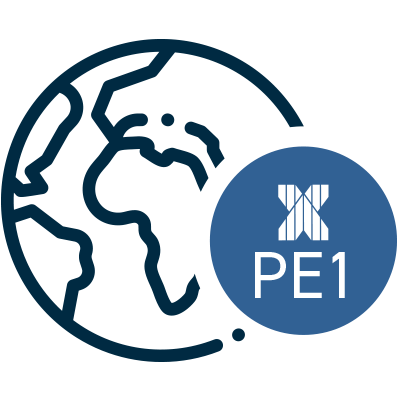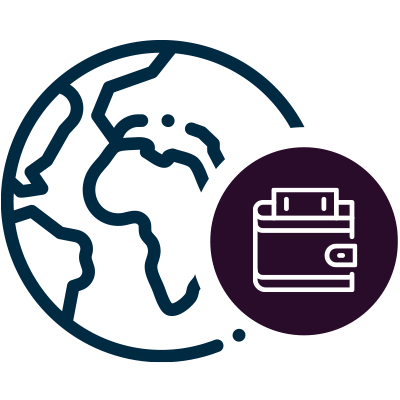SUMMARY
This month, the TA-125 was up by +2.1 % while the S&P500 lost -2.8%. The Fund ended the month with a positive return of +0.4% for the AUD class and +0.5% for the USD class. The two main contributing sectors were Semiconductors, with our main holding in Priortech (in which we hold 5.4%), and the Information Technology sector, with our holding in Telsys (in which we hold 4.4%).
There is a significant geopolitical change on the macro front, which we believe will have a major impact on Israel’s economic growth. Israel has recently signed peace treaties with many of the Gulf States: the United Arab Emirates (Dubai and Abu Dhabi), Bahrain, Sudan and we expect in the near future with Oman, Morocco and Saudi Arabia. Like the discovery of the natural gas reservoirs (7 years ago) that opened up the possibility of energy independence, cooperation with the Arab Gulf States is opening up economic opportunities for Israel that are hard to even quantify today in numbers.
We invite you to join us for a webinar on Investing in Israeli Technologies



